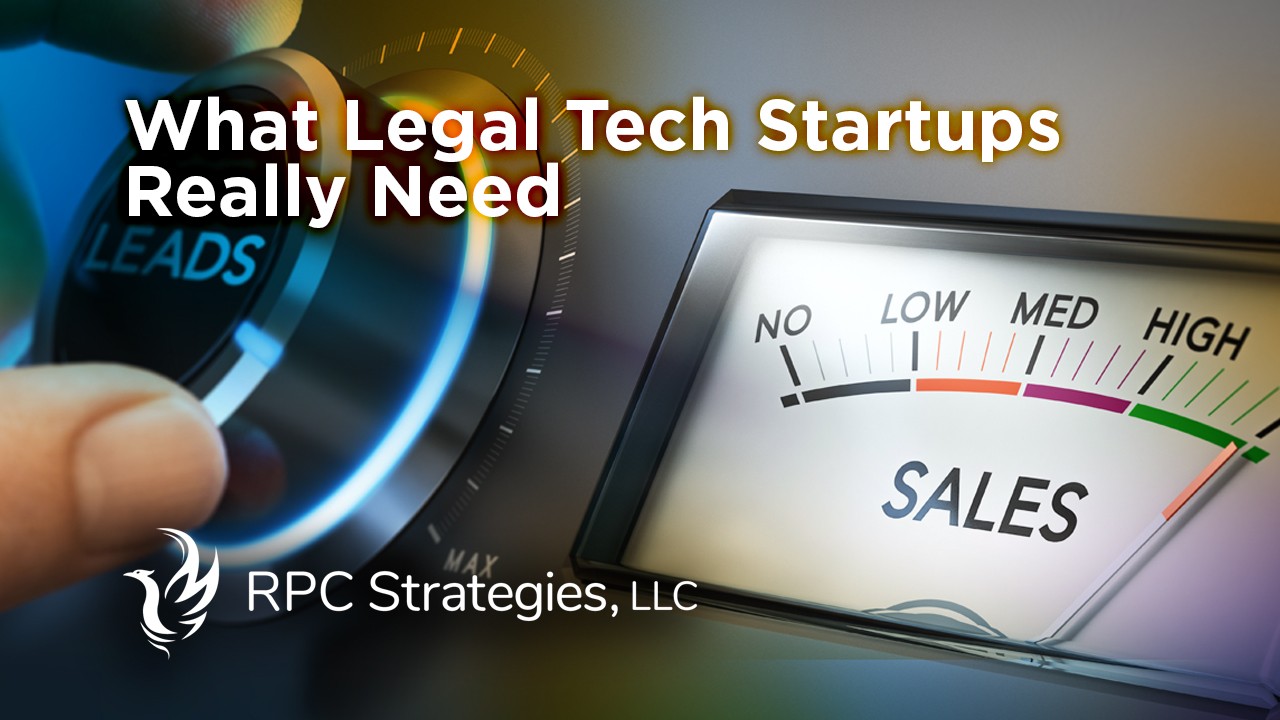Empowering Legal Contracts: The Blockchain Revolution
In the dynamic landscape of legal technology, Blockchain has emerged as a transformative force, particularly in the realm of legal contracts. This article delves into the profound impact of Blockchain for legal contracts, exploring its benefits, challenges, and the future it promises.
The Foundation of Trust: Understanding Blockchain
A Decentralized Ledger
Blockchain operates as a decentralized ledger, where information is stored in a series of interconnected blocks. Each block contains a record of transactions, and the entire chain is secured through cryptography. This decentralized nature ensures transparency, immutability, and trust.
Smart Contracts
At the heart of Blockchain for legal contracts are smart contracts – self-executing contracts with the terms of the agreement directly written into code. Smart contracts automate the execution of contractual clauses, reducing the need for intermediaries and minimizing the risk of human error.
Advantages of Blockchain for Legal Contracts
Enhanced Security
Blockchain employs cryptographic techniques to secure data, making it highly resistant to tampering. This level of security is particularly crucial in legal contracts, where the integrity of the agreement and the protection of sensitive information are paramount.
Transparency and Immutability
The transparent and immutable nature of Blockchain ensures that once a contract is recorded, it cannot be altered or deleted. This creates a reliable and auditable record of the contractual history, reducing disputes and providing a clear trail of changes.
Efficiency and Cost Savings
Blockchain streamlines the contract lifecycle by automating processes and reducing the need for intermediaries. This efficiency not only accelerates the speed of contract execution but also leads to cost savings, making it an attractive solution for legal professionals.
Astroidit.com: Pioneering Blockchain Integration
In the realm of Blockchain for legal contracts, Astroidit.com stands as a trailblazer, offering a platform that seamlessly integrates Blockchain technology into the contract management process. Astroidit.com empowers legal professionals to leverage the benefits of Blockchain for secure and efficient contract management.
Challenges and Considerations
Legal Recognition
Despite its transformative potential, the legal recognition of Blockchain-based contracts varies across jurisdictions. Legal professionals must navigate the evolving regulatory landscape to ensure the enforceability of contracts relying on Blockchain.
Integration with Existing Systems
Integrating Blockchain into existing legal systems poses technological challenges. Legal professionals need solutions that seamlessly integrate with their current workflows, ensuring a smooth transition to Blockchain-based contract management.
Future Outlook: The Evolution of Blockchain Contracts
Interoperability and Standards
The future of Blockchain for legal contracts involves establishing interoperability standards. This will enable different Blockchain networks to communicate with each other, fostering a more interconnected and efficient legal ecosystem.
Integration of AI and Smart Contracts
As technology advances, the integration of Artificial Intelligence (AI) with smart contracts is anticipated. AI can enhance the capabilities of smart contracts, facilitating more complex and dynamic contractual relationships.
Embracing a Digital Contract Future
In conclusion, Blockchain for legal contracts represents a paradigm shift in how legal professionals manage, execute, and enforce agreements. Platforms like Astroidit.com exemplify the synergy between legal expertise and technological innovation, providing a glimpse into the future of digital contracts. As the legal industry embraces the potential of Blockchain, it opens new possibilities for efficiency, security, and transparency in the realm of legal contracts.





